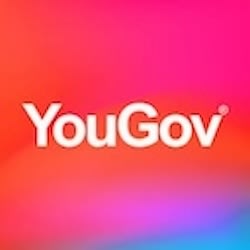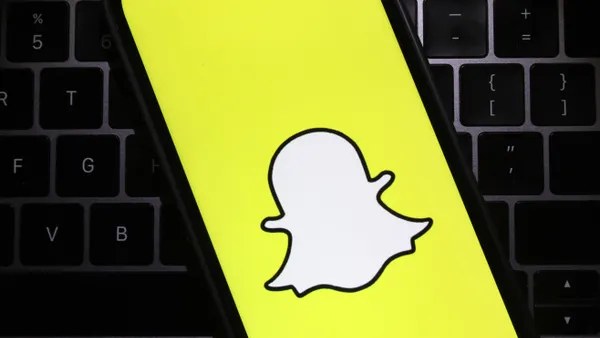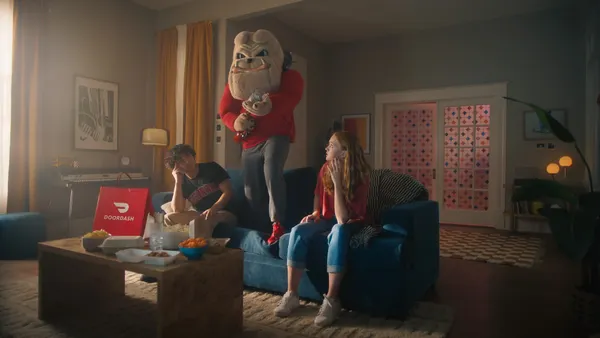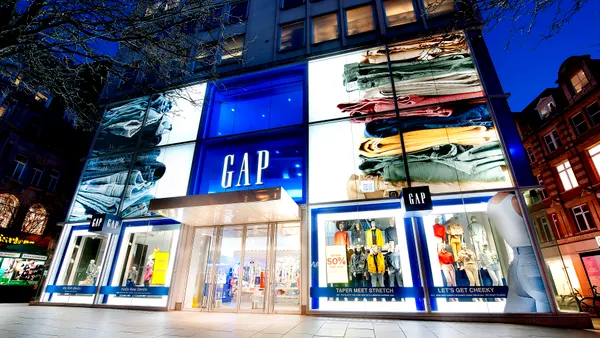Dive Brief:
- Ferrari and Regions Bank saw the most success with "everyday influencers" — friends who give recommendations and have large social media networks — in 2017, according to results from Engagement Labs' TotalSocial Brand Awards made available to Marketing Dive. Ferrari leveraged these influencers to most successfully drive conversations offline, followed by Metlife and Puma; Regions Bank did the same online via social media interactions, followed by CVS and NyQuil,
- Ferrari increased customer conversations around its brand after unveiling a new convertible with speeds of up to 199 mph, while Regions Bank engaged influencers around its "Piggy Poetry" campaign on Twitter. CVS's ranking was based on its emphasis on health in recent marketing campaigns, an announcement that it would stop airbrushing photos in beauty ads and its planned purchase of Aetna. Puma, for its part, has used its celebrity brand ambassador program to generate more consumer conversations.
- Engagement Labs analyzed more than 500 U.S. consumer brands, and chose winners based on the extent that the influencers represented the proportion of those who talked about and recommended brands online and offline. The firm graded the companies in its award series based on brand performance drivers, including influence, sentiment, sharing and volume.
Dive Insight:
The role of "everyday influencers" that lack top-tier or celebrity status but have either large followings or well-curated niche audiences is becoming more prominent as the overall influencer landscape reaches new levels of maturity. Unlike celebrity endorsements, so-called micro-influencer campaigns tend to cost less while still preserving the air of authenticity that resonates with consumers.
Marketers continue to invest in influencer marketing, with 39% reporting they plan to increase their budgets with the strategy in 2018, according to research by Linqia. How those budgets are allocated could be changing, however, and tactics like everyday influencers can deliver up to 4x the "social value" compared to other consumers, Engagement Labs said. These types of ambassadors are also more trusted among younger consumers than celebrities, which 78% of millennials say they either don't like or are indifferent to, according to Roth Capital Partners.
Several brands have found success with micro-influencers, including National Beverage, owner of La Croix, which has emphasized social media personalities with less than 100,000 followers to target millennials. The beverage maker has seen a net sales increase of $646 million in 2015 to $827 million in its most recent fiscal year, with profits increasing from $49.3 million to $107 million.













